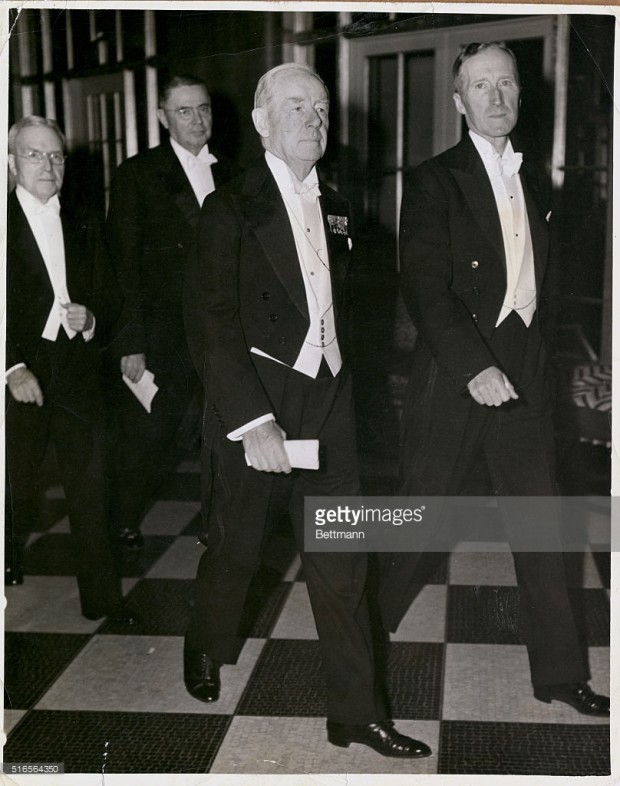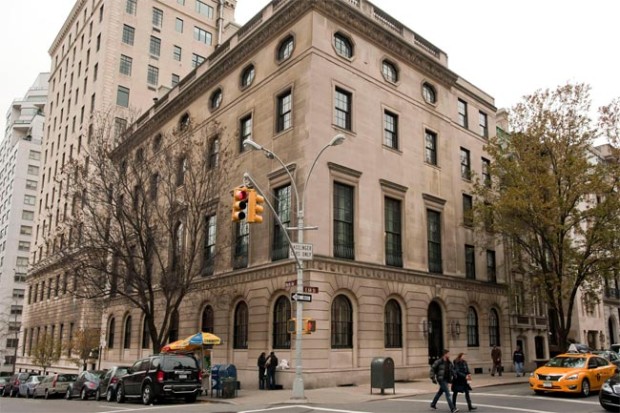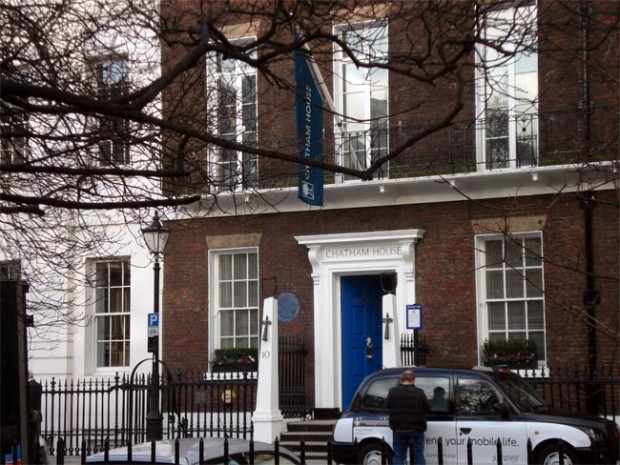In the old days life was so much simpler. If you were an attentive reader of select publications of the Old Left (George Seldes’ In Fact newsletter) and the Old Right (the Chicago Tribune), you knew exactly who stood at the pinnacle of the power elite. This elite was composed of two financial-industrial blocs of the northeastern seaboard Establishment. They were the J. P. Morgan bloc and the Rockefeller bloc.
This central fact was clearly stated by economist and historian Murray N. Rothbard at the beginning of his chapter, “From Hoover To Roosevelt: The Federal Reserve and the Financial Elites,” found in his A History of Money and Banking in the United States: The Colonial Era To World War II, Ludwig von Mises Institute, 2002:
“This (analysis) is grounded on the insight that American politics, from the turn of the twentieth century until World War II, can far better comprehended by studying the interrelationship of major financial groupings than by studying the superficial and often sham struggles between Democrats and Republicans. In particular, American politics in this period was marked by a fierce struggle between two major financial-industrial groupings: the interests clustered around the House of Morgan on the one hand, and an alliance of Rockefeller (oil), Harriman (railroad), and Kuhn, Loeb (investment banking) interests on the other. “
Above we have a rare revealing photo publicly capturing this dynamic of the rival two blocs. There is John D. Rockefeller, Jr. (far left) and the principal Morgan banker Thomas Lamont, the chairman of J. P. Morgan and Company’s board of directors (center). They are both attending a dinner banquet of the Associated Canadian Organization of New York on June 18, 1941.
Ah, Bloods and Crips together at last!
Actually the elite would meet covertly in the building below, the Harold Pratt House in New York, headquarters of the Council on Foreign Relations. All discussions and meetings were secret and off-the-record, governed by what was described as “Chatham House Rules.”
While the Round Table (the Milner group), the British elite’s counter-point to the CFR, the Royal Institute of International Affairs, would meet at Chatham House, in London:
Steve Sailer’s article posted on LRC, “Carroll Quigley’s Conspiracy Theory: The Milner Group,” is an excellent summary of the important influence in world history played by the imperialist Cecil Rhodes and his Anglosphere heirs. In the Preface to his book, The Anglo-American Establishment: From Rhodes to Cliveden, Quigley noted:
I have been told that the story I relate here would be better left untold, since it would provide ammunition for the enemies of what I admire. I do not share this view. The last thing I should wish is that anything I write could be used by the Anglophobes and isolationists of the Chicago Tribune. But I feel that the truth has a right to be told, and once told, can be an injury to no men of good will. Only by a knowledge of the errors of the past is it possible to correct the tactics of the future.
Although his book was written in 1949 it was not published until after his death in 1981. Ironically Quigley was correct concerning the contents of his expose’. As Murray N. Rothbard pointed out in his semi-autobiographical masterwork, The Betrayal of the American Right, the Midwestern voice of Old Right non-interventionism, Colonel Robert McCormick’s Chicago Tribune, published a contemporaneous series of hard-hitting muckraking articles in 1951 attacking what Rothbard described as “the Wall Street-Anglophile Establishment”: “Rhodes’ Goal: Return U.S. to British Empire,” “Rhodes Ideals Slant State Department Policies,” “Rhodes’ Wards Hawk Global Scheme in U.S.,” “Rhodes Grads Influential in Eastern Press — Aid British, Global Propaganda,” “Even Congress Not Immune to Rhodes’ Ideas,” and “OWI Propaganda Linked to Rhodes Men.” Here are my reflections concerning Carroll Quigley’s later seminal volume, Tragedy & Hope: A History of the World in Our Time. Quigley was the author of two other books, The Evolution of Civilizations: An introduction to Historical Analysis; and Weapon Systems and Political Stability: A History.
9:00 am on July 8, 2024





